As we approach a grim anniversary of the attack upon the Capitol, the House Select Committee on January 6 has ratcheted up its activity, asking to speak with sitting Congressmen and even Sean Hannity about, among other things, his frantic texts to the former president. This morning we just learned that the Committee is also interested in interviewing former VP Mike Pence, though it has not issued a subpoena and would prefer to simply talk with him.
Pence, as we learned over the past few months, was the target of a conspiracy within the White House to hold on to power, with “legal” memos crafted by attorneys John Eastman and Jenna Ellis proposing the Vice President take what amounted to extra-constitutional actions to either throw the election to the House, where the GOP had a state delegation advantage, or delay the electoral count long enough for state legislatures to take action and “decertify” their electoral college votes. We know that Pence consulted various parties, including former VP Dan Quayle, before announcing, over an hour before the attack began, that he viewed his role as ceremonial and would not do as requested by the plotters.
What is less known to the public is who else in Pence’s circle possesses vital information that might help piece together the pressure he was under, the advice he received, and the sequence of events up to and including Trump’s refusal to act for 187 minutes while the riot grew, the building was breached, and Congressmembers and Pence himself came under deadly risk from the insurrectionists. It turns out three key members of Pence’s entourage—chief of staff Marc Short, general counsel Greg Jacob, and national security advisor retired Lt. Gen. Keith Kellogg—hold many of the keys to this narrative. And two of them—Short and Kellogg—have already been cooperating with the Committee.
Marc Short
According to reports by CNN, Short was in the Oval Office on January 4, 2021 when Eastman and Trump tried to persuade Pence to delay the electoral college vote count. Short was among those who advised Pence not to comply with the request, earning him a post-riot ban from the White House after Trump grew angry at him over it. Short was also with Pence for most of January 6 after the chamber had to be evacuated and the vice president was rushed out to safety to a secure location beneath the building, even as Trump tweeted out an attack on Pence for lacking courage rather than call to check on his safety.
Short accordingly has firsthand knowledge of many of the facts pertinent to the Committee’s investigation, and the Trump world is a bit on edge over it and has begun to try to throw Short under the bus. For example, Peter Navarro, a Trump loyalist and conspiracy theorist, claimed in an interview yesterday that “Never Trumper” Marc Short, who “basically walled off” Pence after 2018, produced a legal analysis along with general counsel Greg Jacob as to why Pence should not go along with the proposed election count strategy. But Navarro complained that Pence “never shared” that analysis with others, but it’s likely the Committee asked about it or even has a copy. In an earlier interview, Navarro also has claimed Short “basically seduced” Mike Pence and warned that he had seen Short outside of the FBI building and that he was cooperating with the January 6 Committee.
In fact, as CNN reported, the Committee subpoenaed Short back in November of 2021. It may have issued what’s called a “friendly subpoena,” which is done quietly and by agreement not resisted. The Committee reportedly was getting “significant cooperation from Team Pence” according to one source, and that Short’s cooperation was an example of the “momentum” the investigation had developed.
Greg Jacob
Pence’s general counsel, Greg Jacob, was the first lawyer to write an opinion advising that the Vice President didn’t have the power to overturn or delay the electoral count as proposed by Eastman, according to the New York Times. (Two other prominent conservative legal scholars, John Yoo and Michael Luttig, for whom Eastman had clerked, agreed with this in separate analyses.) Trump and Eastman apparently were furious at Pence’s perceived betrayal despite the solid legal footing Pence was on compared with the coup plotters’ wholly spurious position.
On the day of the attack, when Jacob was hunkered down with Pence beneath the Capitol, a pair of angry emails issued back and forth between Jacob and Eastman. Jacob reportedly wrote that Eastman’s “bullshit” legal advice was why they were “under siege,” to which Eastman responded, “The ‘siege’ is because YOU and your boss did not do what was necessary to allow this to be aired in a public way so that the American people can see for themselves what happened.” These remarks were included in an op-ed Jacob drafted but never published, a copy of which was obtained by the Washington Post. That op-ed claimed that Eastman was part of a “cadre of outside lawyers” who had “spun a web of lies and disinformation” to pressure Pence to betray his oath of office and the Constitution.
While the January 6 Committee would be very interested in hearing from Jacob, as general counsel much of his testimony about his legal advice might be difficult to obtain or outright excluded given the attorney-client privilege between Jacob and the former Vice President. His communications with others besides his client, however, might well be fair game and might even have already been produced.
Keith Kellogg
The final member of Team Pence who already is providing invaluable, firsthand information to the January 6 Committee is retired Lt. Gen. Keith Kellogg, who served as Pence’s national security advisor. Kellogg was notably one of the few people inside the White House, besides Ivanka Trump and Chief of Staff Mark Meadows, who was actually speaking with former President Trump during the fateful hours of the insurrection. Kellogg has already spoken about what transpired to reporters Bob Woodward and Robert Costa, who documented the exchanges in their book Peril, and we can presume that Kellogg provided the same account to the January 6 Committee. If true, this would provide a critical firsthand witness account—one that would be admissible in court as evidence if criminal charges were ever brought.
Kellogg was the one who informed Trump that the vice president was secure but that he wasn’t going to get into a vehicle and leave the premises. He told Trump that Pence “knows that if they put your ass in the vehicle, they’re going to take you somewhere.” This point is crucial because Pence wanted to ensure that the electoral count was not delayed, and he didn’t want to have security remove him and permit the very delay for which Eastman and Trump had pressed.
Importantly, Kellogg also reportedly said the following to Trump in the White House on January 6: “Mr. President, you really should do a tweet.” Kellogg argued that on Capitol Hill, “nobody’s carrying a TV on their shoulder. You need to get a tweet out real quick, help control the crowd up there. This is out of control.”
“They’re not going to be able to control this, Sir, they’re not prepared for it,” Kellogg pressed. “Once a mob starts turning like that, you’ve lost it.”
Trump replied, “Yeah.” Then he blinked and kept watching television.
Hoping to find someone who could get through to the former president, Kellogg went to find Ivanka Trump.
For more political analysis, check out the Status Kuo newsletter.

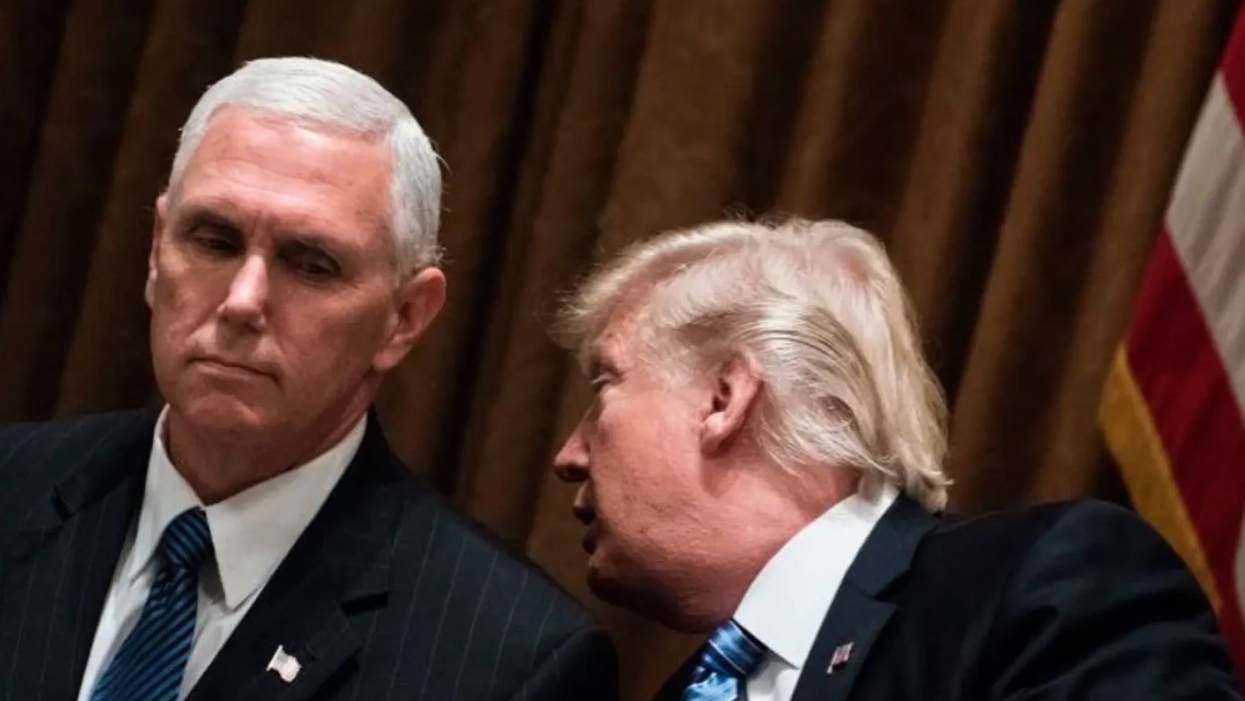
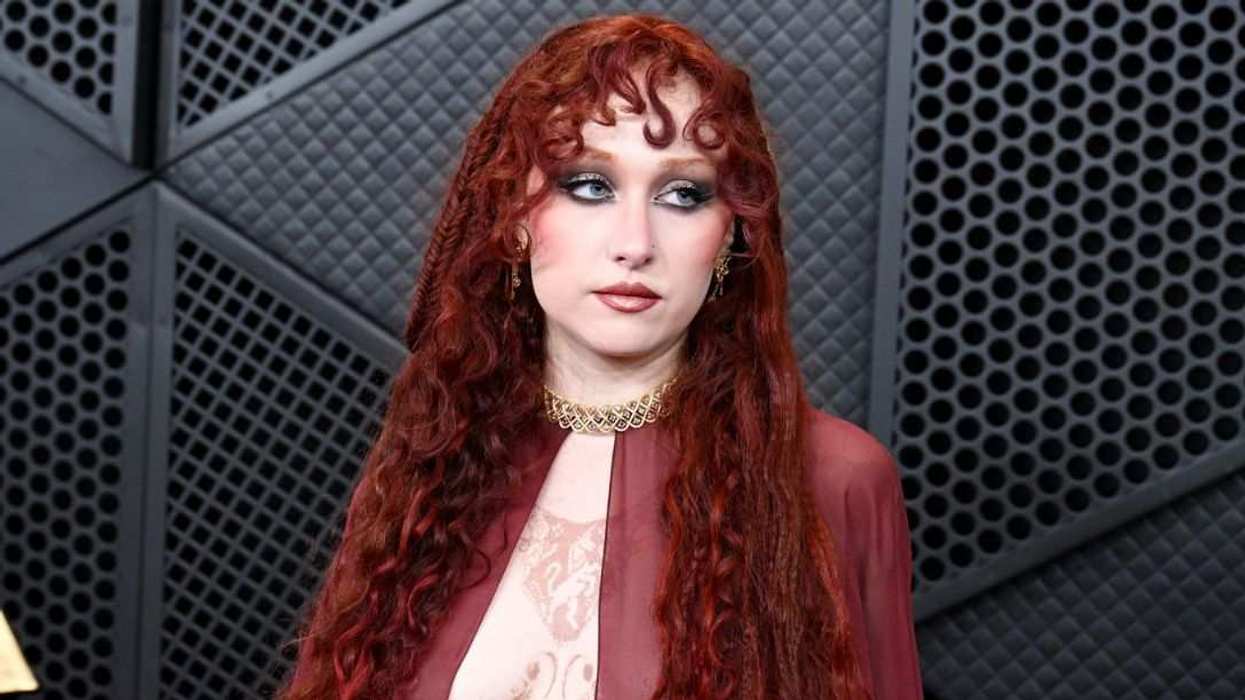
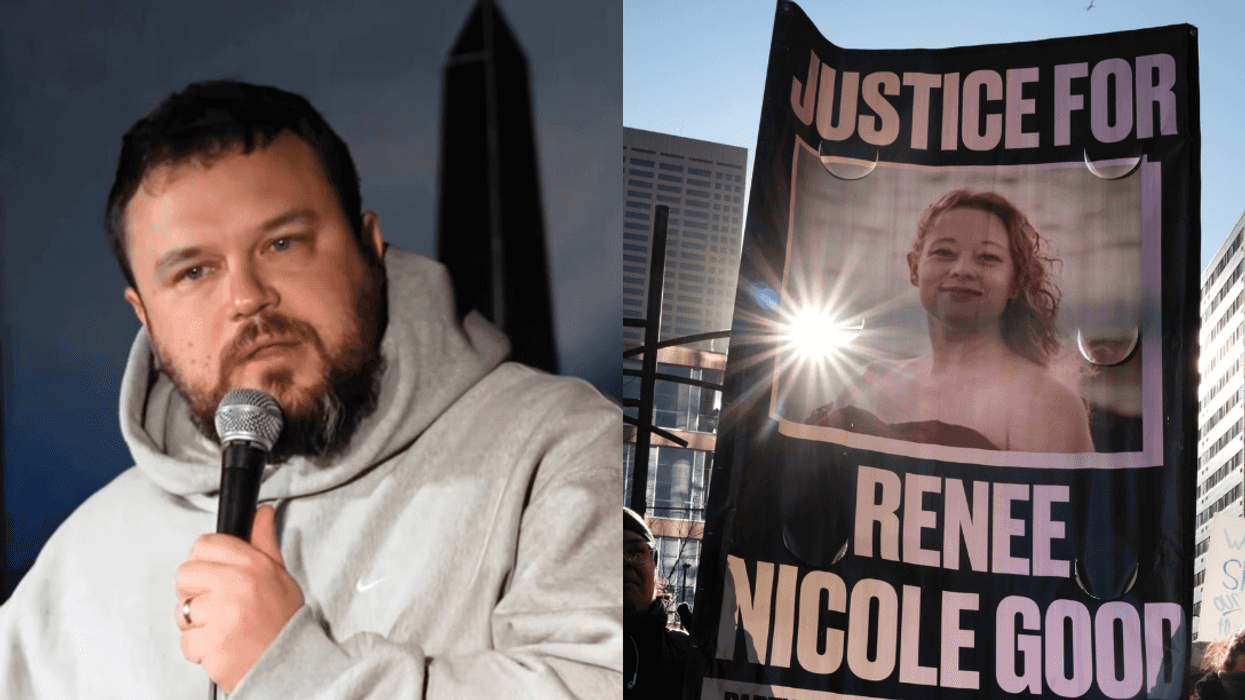
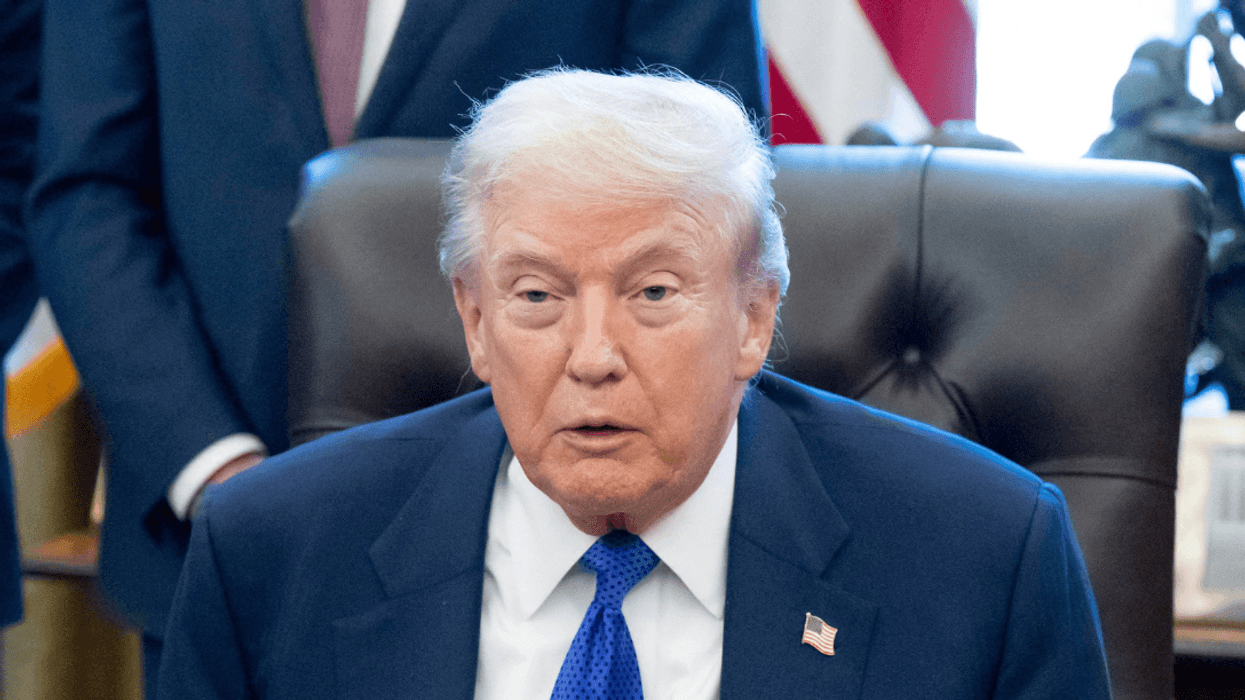
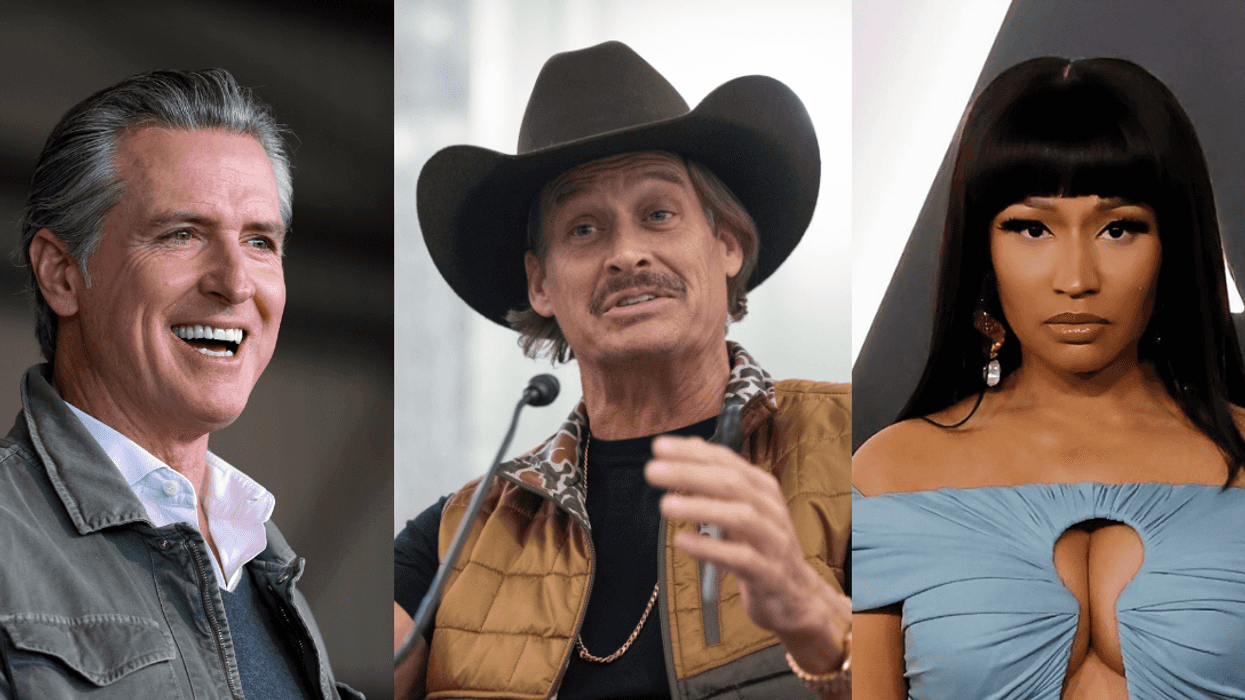


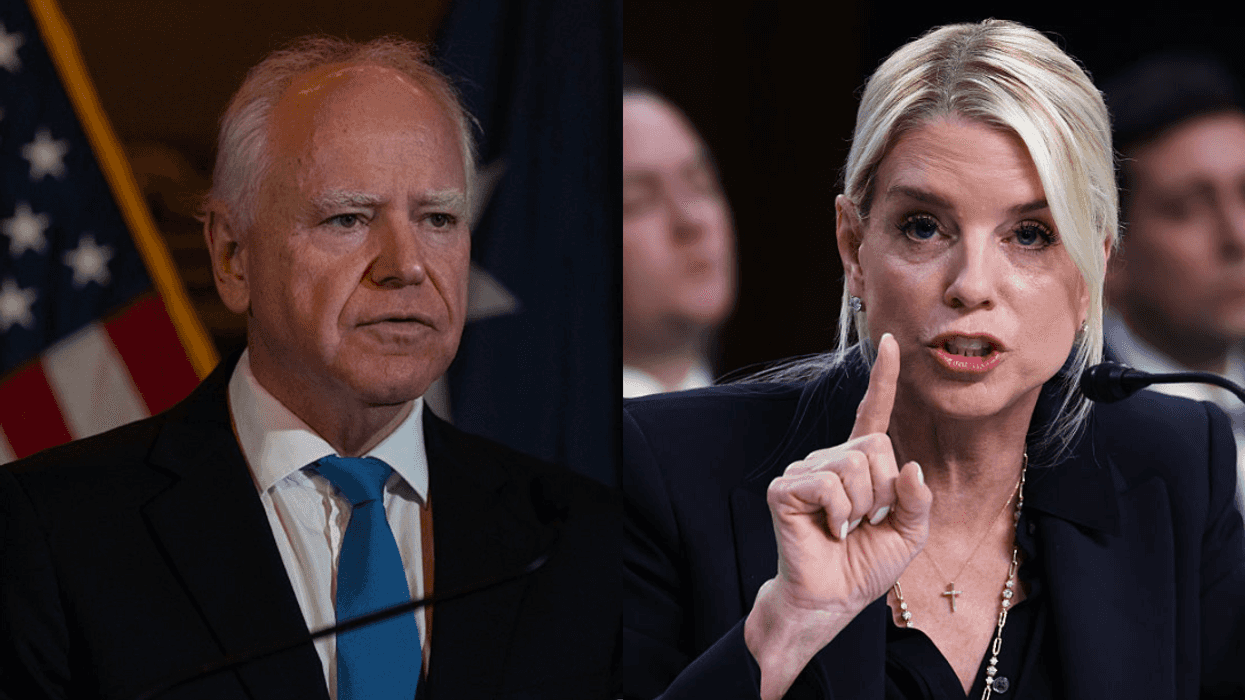



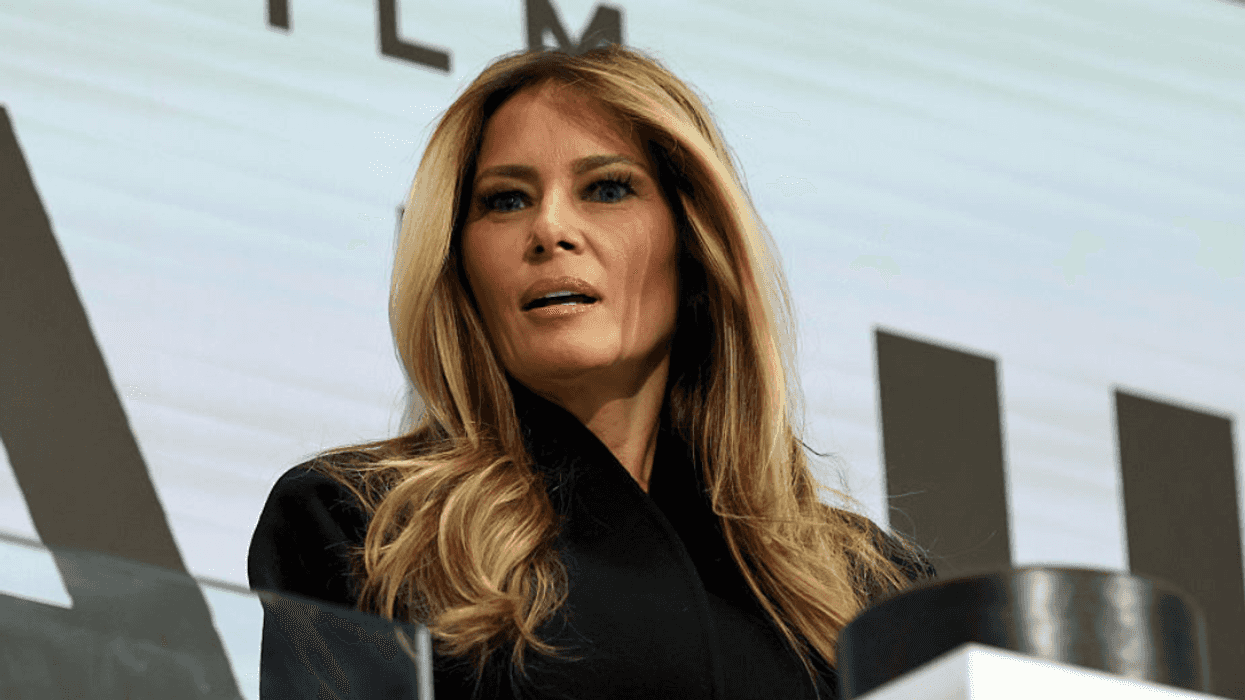
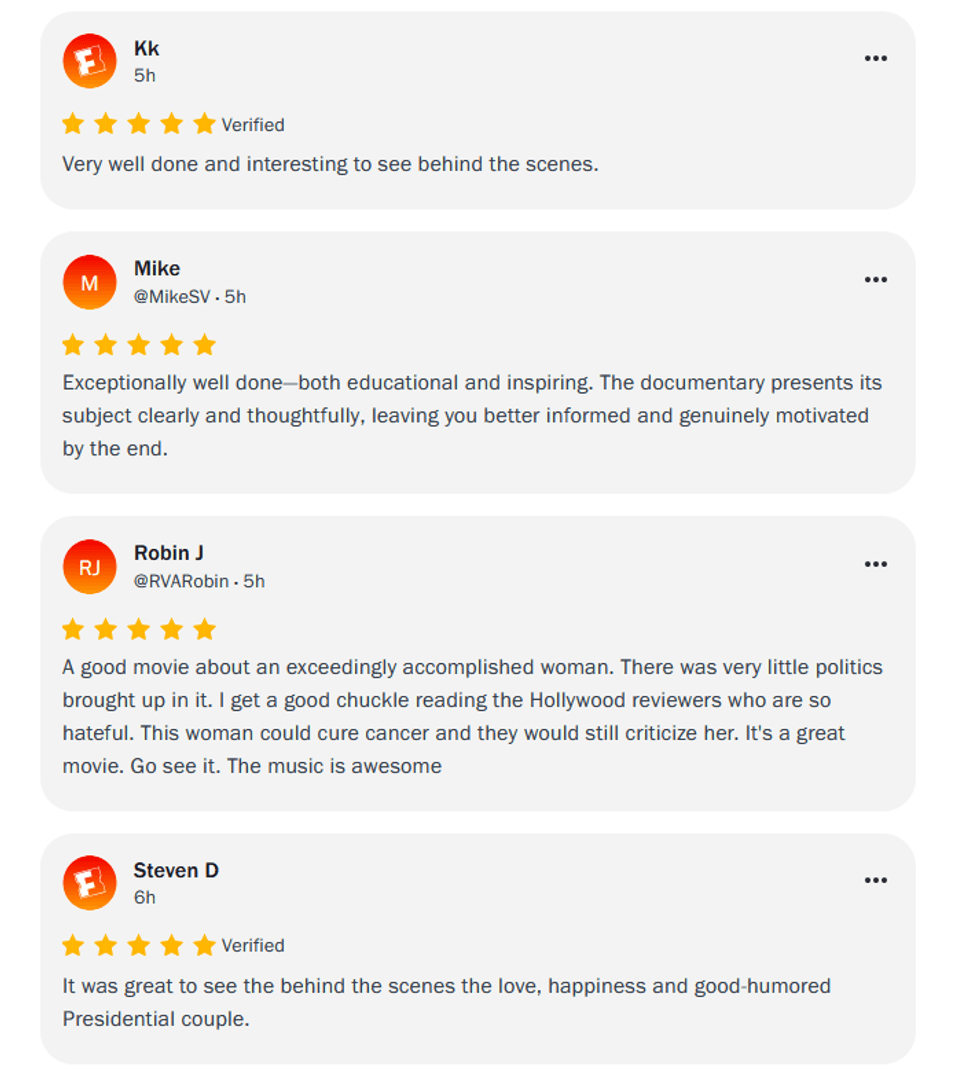 @obamaatredrobin/X
@obamaatredrobin/X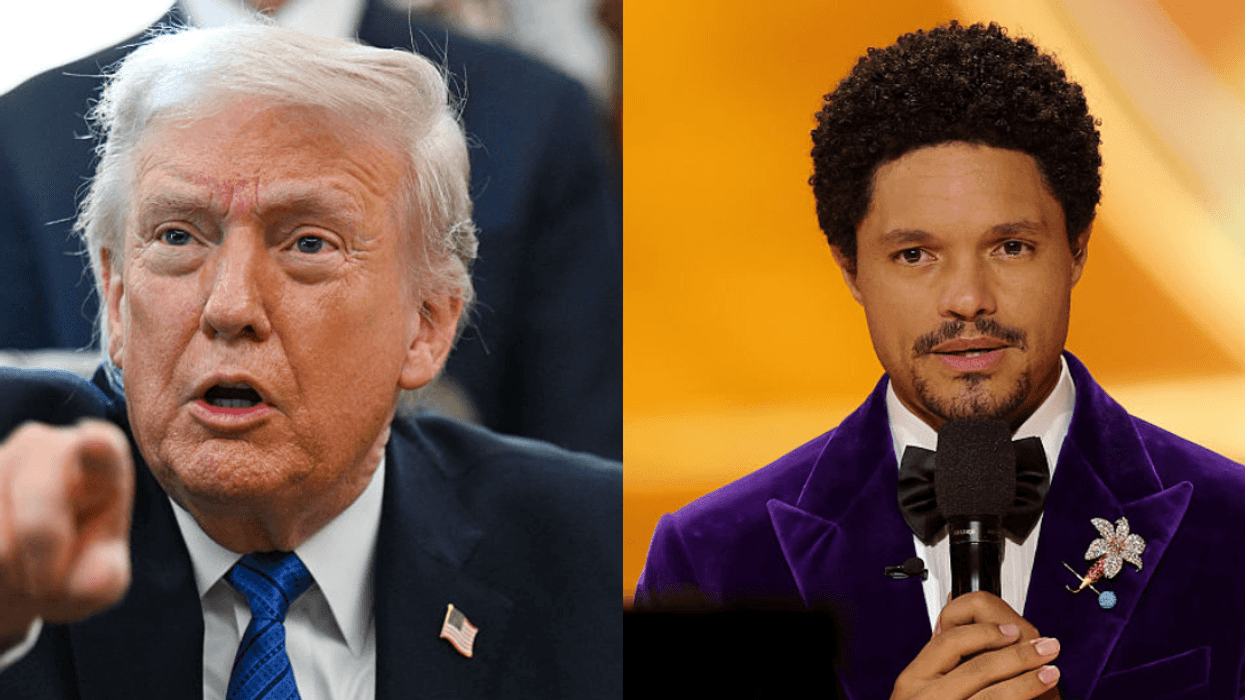
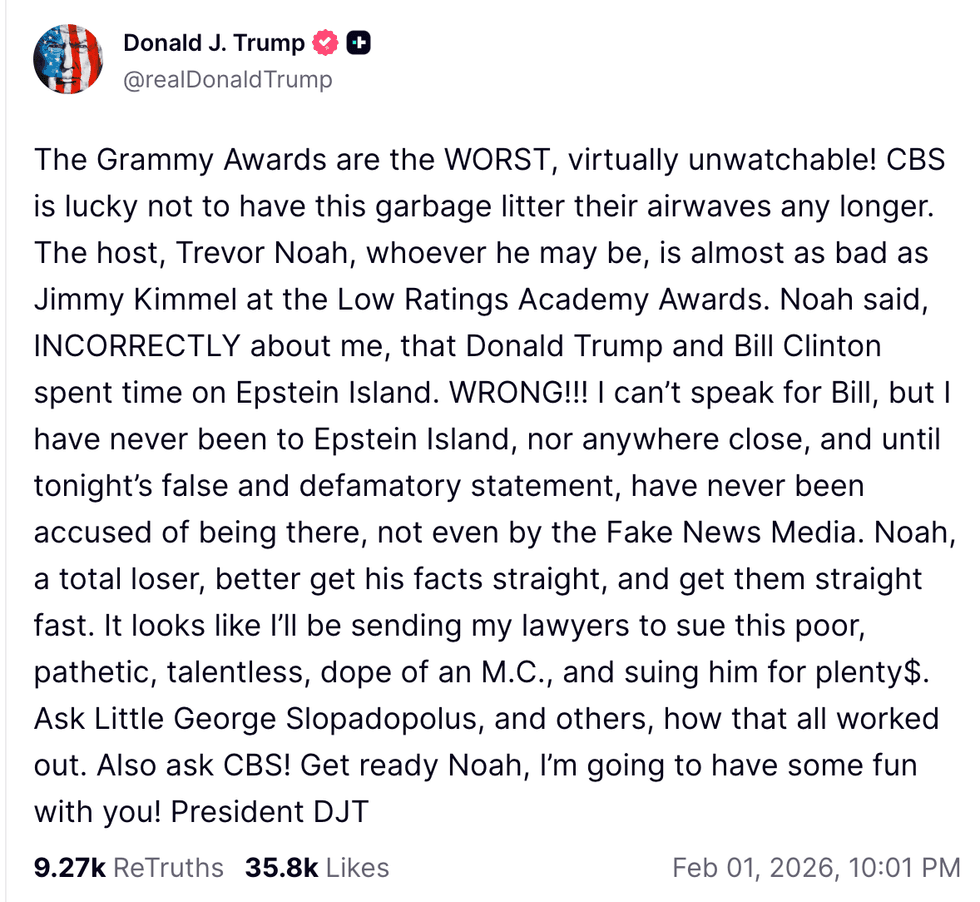 @realDonaldTrump/Truth Social
@realDonaldTrump/Truth Social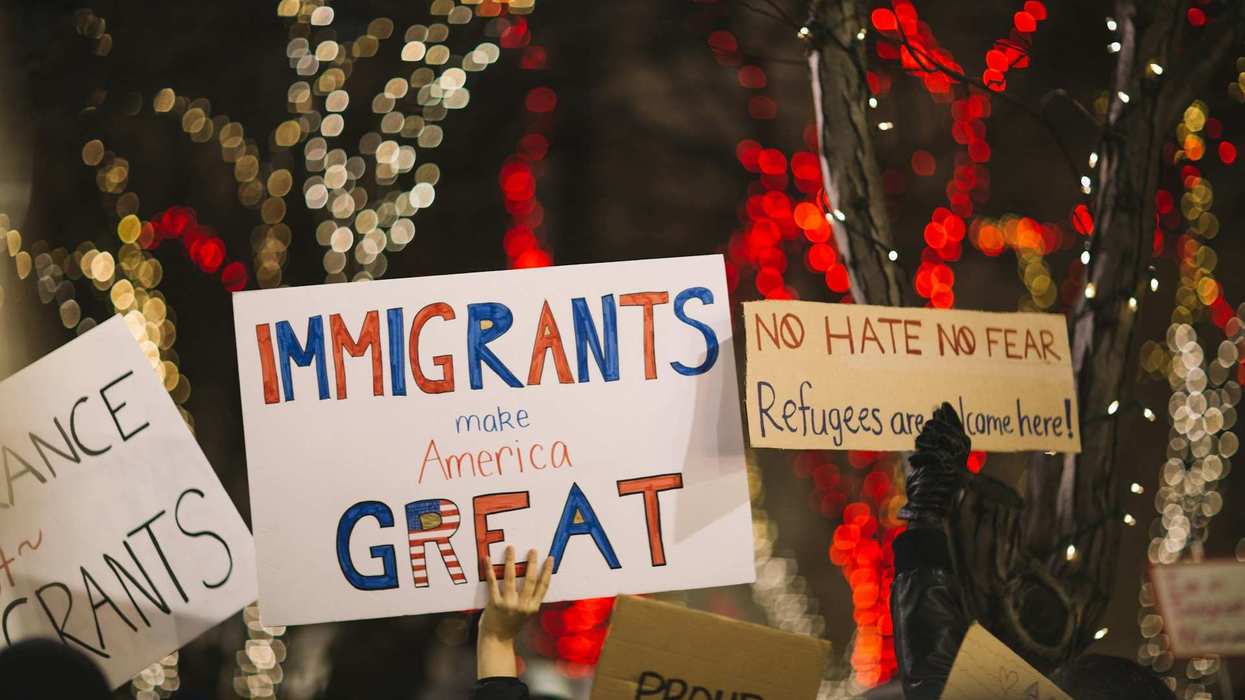

 @.a.zan/TikTok
@.a.zan/TikTok @.a.zan/TikTok
@.a.zan/TikTok @.a.zan/TikTok
@.a.zan/TikTok @.a.zan/TikTok
@.a.zan/TikTok @.a.zan/TikTok
@.a.zan/TikTok @.a.zan/TikTok
@.a.zan/TikTok @.a.zan/TikTok
@.a.zan/TikTok @.a.zan/TikTok
@.a.zan/TikTok @.a.zan/TikTok
@.a.zan/TikTok @.a.zan/TikTok
@.a.zan/TikTok @.a.zan/TikTok
@.a.zan/TikTok @.a.zan/TikTok
@.a.zan/TikTok @.a.zan/TikTok
@.a.zan/TikTok @.a.zan/TikTok
@.a.zan/TikTok @.a.zan/TikTok
@.a.zan/TikTok